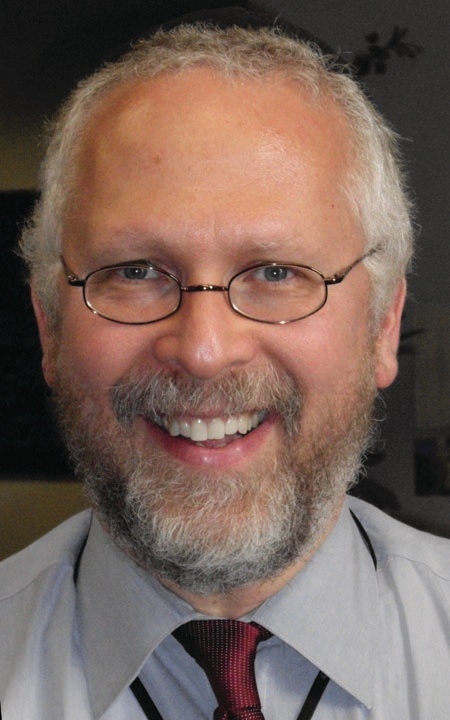Economy impacts plans for local high school students
By Tova Ross
Issue of May 29, 2009 / 6 Sivan 5769
In many households the economic downturn has meant curtailing luxuries –– eating out, for instance –– or even downsizing a home, but there are signs of a new cost consciousness concerning a matter nearly as important as food and shelter: education.
High school students and their parents now face the pursuit of college dreams in a dramatically different economic climate than their older siblings may have. For those in yeshiva, the dilemma is magnified after years of high tuition that may have left little money for higher education.
Syma Shulman Levine of West Hempstead has a son, Dov, in his junior year at HANC High School in Uniondale. “I do think that the economic crisis has made high school students very conscious of the challenges facing their parents –– recognition that Israel and college costs are so difficult for their parents is sobering for today’s high school kids,” she said.
Simmie Jenkelowitz, a junior at DRS Yeshiva High School for Boys in Woodmere, said, “The recession hasn’t drastically changed the course of my college search, but it has made me work harder towards the goal of getting a scholarship or admission into a free school like CUNY Honors to help my parents out with the costs.”
Jessica Lovett, a junior at HAFTR High School in Cedarhurst, commented, “I’ve always dreamed of attending an Ivy League school, but because of the current economy, my parents are telling me it may not be a practical option.” Lovett, who would like to attend the University of Pennsylvania, said that while her parents are still allowing her to apply to several Ivies, “they have definitely prepared me for the reality of the situation.”
One of her classmates, Michael Schiff, confirms that the economy is impacting his college plans. “The economy is definitely a huge factor in my family’s decision about where I’m going to college,” he said. “My mom, a proud Barnard graduate, is encouraging a Columbia education. While I’m open to that idea, my dad tells me I can attend a school as good as Columbia but with significantly cheaper tuition. He believes that graduate school is where an Ivy League education may matter more.”
Like many of his classmates, Michael is looking at CUNY Honors as a strong possibility. Founded in 2001, Macaulay Honors College is a program at the campuses of the City University of New York. Students who are admitted to the program are accepted free of charge; in fact, they receive privileges such as laptops and stipend money for study abroad programs.
Observing the current state of the college application process at HAFTR, which typically sees students applying in droves to prestigious –– and expensive –– schools, is all in a day’s work for Joan Parmet, the director of college guidance at HAFTR High School. She noted that there has been an increase in applications to the Macaulay Honors College and other relatively inexpensive educational options.
“There’s less interest in schools like Brandeis and Boston University and greater interest in state or out-of-state state schools, such as Maryland or Michigan, and the CUNY Honors Program at city colleges,” she observed. “I have seen a huge increase in student interest for Binghamton and other popular state schools, where tuition is much more inexpensive than at a private university.”
However, applications to Ivy League schools have remained constant. “I haven’t seen a real change in applications to the Ivies,” said Parmet. “Students who have always intended to go to Harvard or Yale or Princeton are still applying there.”
Rabbi Saul Zucker, director of the Orthodox Union’s Department of Day School and Educational Services, also believes that “anyone who’s really committed to an Ivy League or a name-brand education is probably going to bend over backwards and leave no stone unturned to ensure that they can achieve their goal. If that means parting with certain lifestyle choices, I think they will make the sacrifice.”
HAFTR senior Sandy Schlesinger is in that camp; she plans to attend NYU in fall 2010 after a year in Israel at Midreshet Lindenbaun (Brovender’s). “NYU is an expensive school, but my family made a decision that it is the best place for me to achieve my educational goals, and that is was a good fit for me religiously,” she said. “Because of that, we would deal with whatever we have to so I could go there.”
Rabbi Zucker, who is coordinating a national discussion among yeshiva and day school administrators to reduce tuition costs in high schools, added, “I wish more Jewish families would be as committed to that option when it comes to giving their kids a basic Jewish education.”

 45.0°,
Mostly Cloudy
45.0°,
Mostly Cloudy 







